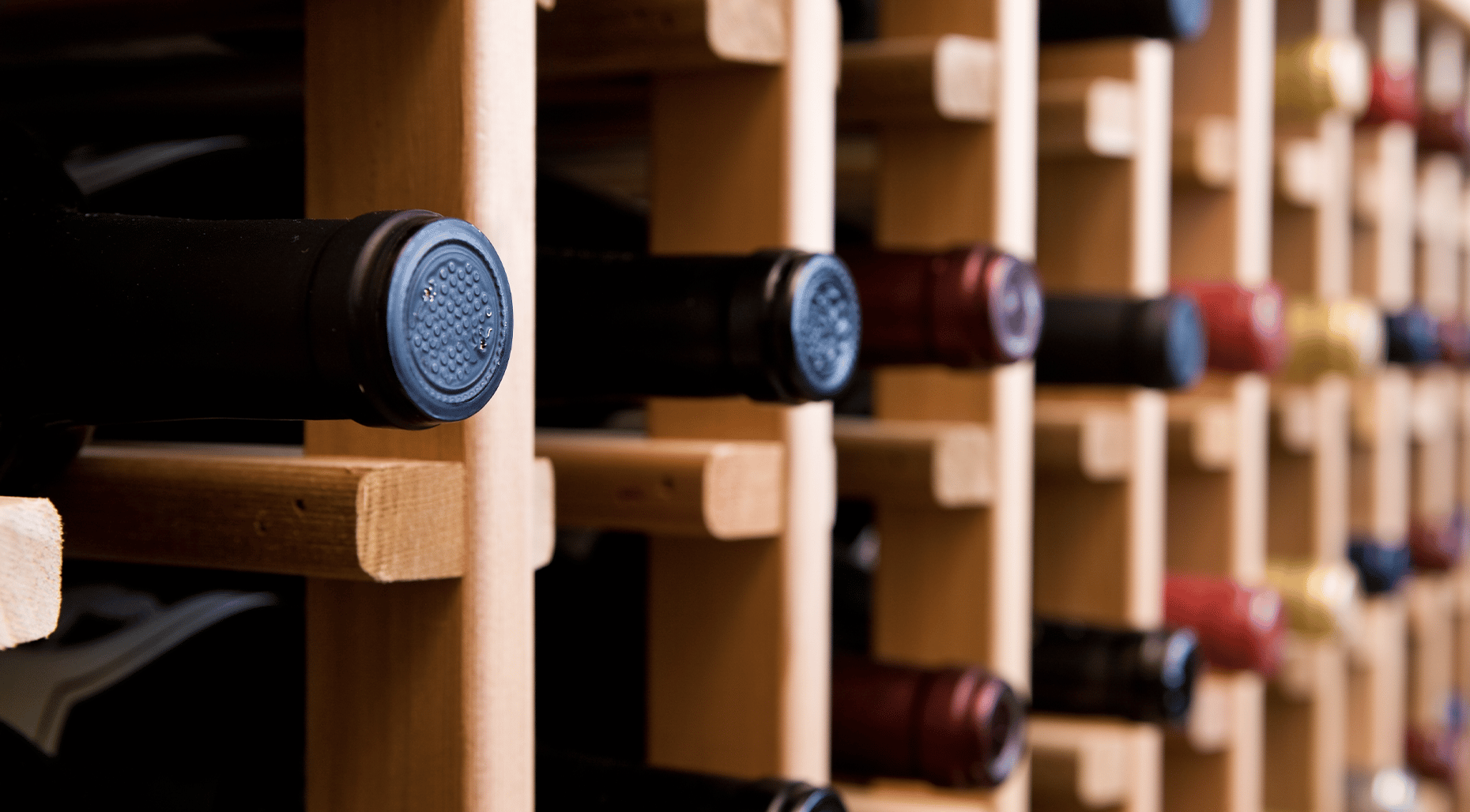Laying Down Wine

Firstly, let me begin by saying that this is not a piece on investing in wine to make a profit, far from it. Yes, we are all fully aware there is a huge amount of that sort of thing that goes on and we have ourselves been known to dabble in the dark arts of “wine futures” every now and again.
No, this is about re-kindling a tradition whereby wine, of a certain calibre, was purchased soon after fermentation and often not yet in bottle, usually still resting in oak barrels, in a process named “en primeur”.
In theory this means you get the wine at a good price as you are helping the winery with their cashflow by buying such a young wine which, over time, develops and matures and may also increase in value.
Historically this was a very lengthy process however one doesn’t need to buy en primeur and spend the next decade (or two, or three) waiting for the wine to mature – unless you really want to, of course.
Back in the day, “laying down wine”, as it is commonly referred to, was the preserve of the upper classes where cases of Red Bordeaux (claret) and Vintage Port were commonly bought as gifts at christenings, for the new born babe to enjoy at their coming of age.
I am sure this practice still perpetuates, but for us less financially well-endowed folks, some patience and a bit of advice from your friendly independent wine merchant will give you the chance to squirrel away a few judiciously chosen bottles which will develop and mature over the next two or three years, and give you a whole lot more drinking pleasure than if you were to drink them in their early years.
Even the most passionate wine maker these days must keep a wary eye on their bank balance (and/or bank manager) and this means that they are under pressure to keep the cash flowing.
As soon as their wine is in bottle they need to sell it; they are in no position to hold on to the wine for a few years until their wine is ready to drink, so it is down to you and me to recognise the wines which will benefit for a few years maturation and have the will power to resist temptation to open the bottles before they have had chance to reach peak perfection!
You will be pleased to know that you don’t need a cellar to mature your wines, but there are a couple of important things that will help maximise your efforts.
Most important is a consistent, coolish temperature: no big swings from hot in summer to freezing in winter. If the space can also be dark and vibration free, then all the better.
If you have the inclination and want to take things a little more seriously, there is some good kit out there and you may consider investing in a temperature-controlled storage device.
Looking a bit like a big American fridge but able to control temperatures and humidity that replicates a proper cellar. Eurocave seem to be the UK market leader and their website has an impressive selection of wine cabinets, but a quick Google search returns plenty of alternatives to suit most budgets.
Now all you have to do is sit and wait. But while you are doing this, you may want to treat yourself to a glass of already mature wine! One of the very last places from where you can buy already matured wine from the winery is Rioja.
Rioja produces a huge amount of wine, predominantly red, although some of their whites and rosé wines are delicious too. The reds cover all ages from the young, simple reds (or “joven”) through to “Crianza” reds which by law are aged for a minimum of 3-years, one of which must be spent in barrel.
Next comes Reserva, with around 2-years in vat and one in bottle before release, and then Gran Reserva, cosseted and nurdled for a minimum of 2-years in vat and a further 3-years in bottle. Delicious.
Whilst we are on the subject, it is worth noting that Champagne also matures most of its’ wine before release, a little-known fact.
The “non-vintage” wines from the best houses will normally be around 5-years, or more, maturing in the cold, dark, chalk cellars before release, and the single vintage Champagnes are usually 5- to 10-years old before appearing on the market.
As you’ll appreciate, laying down wine is a bigger subject than these few words and there’s always more considerations to take into account, starting with the most important one: what wine do you yourself like and want to enjoy in the future?
Setting-up a cellar plan doesn’t need to be daunting, nor does it need to be a huge financial outlay; it’s something that we mere mortal wine enthusiasts can embark upon and enjoy the (vinified) fruits of our efforts in the years ahead.
So why not call in and have a chat with us about setting up a cellar plan for you, where we select some great wines that you can tuck away and look forward to some exceptional wine drinking, a few years down the line. We can assure you, you will not regret it!